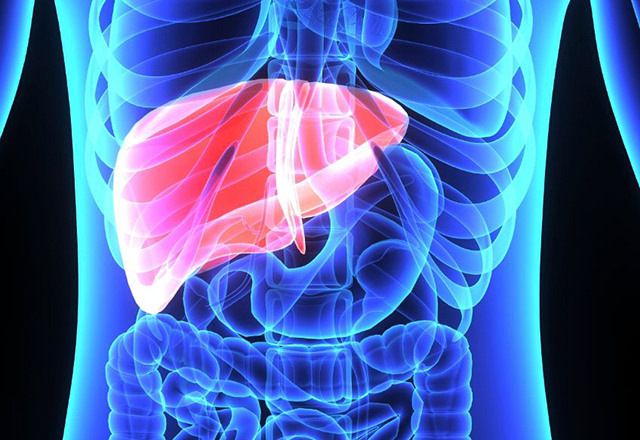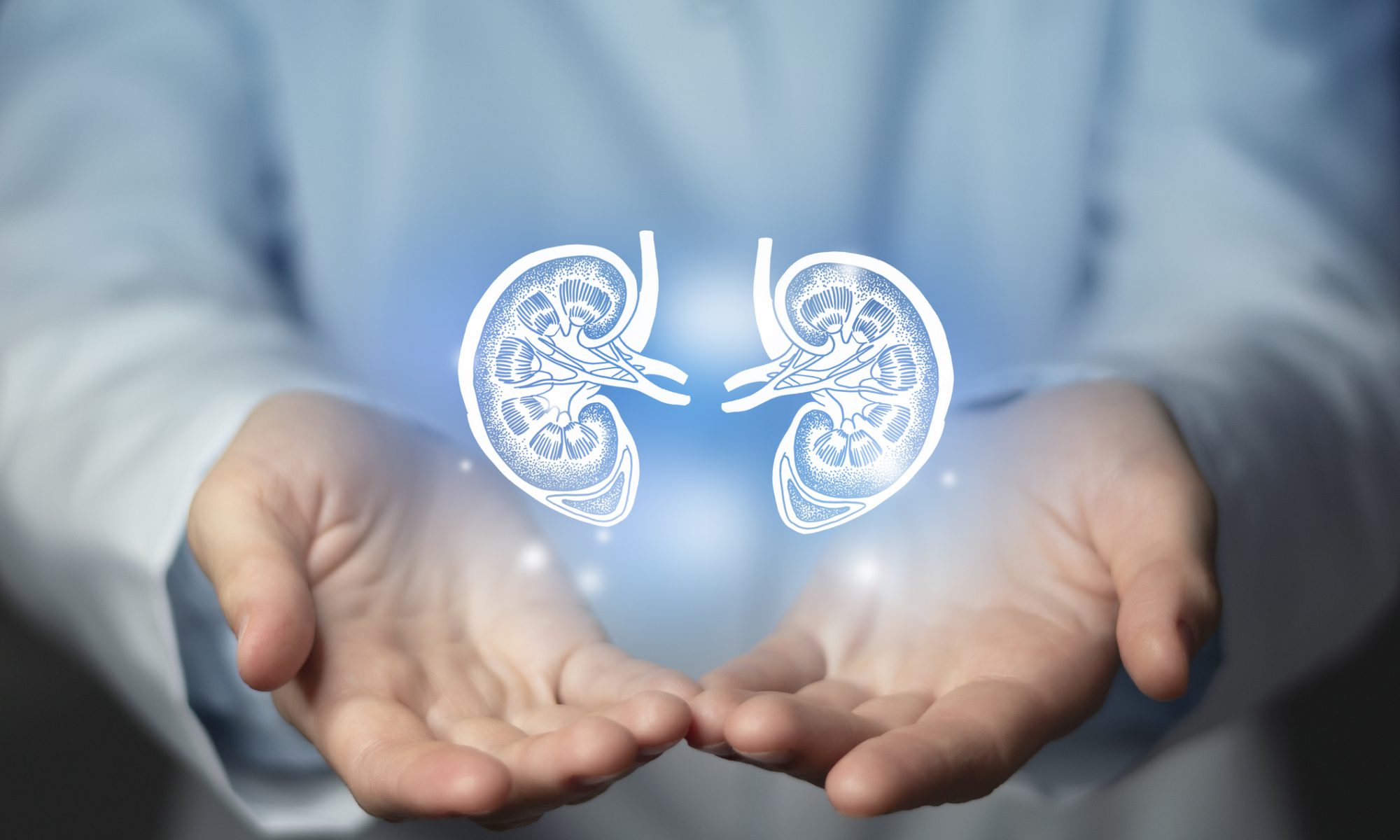By Matt Batcheldor
For the second year, a delegation of doctors from Ukraine recently visited Vanderbilt University Medical Center to observe organ transplants and protocols.
With the help of Vanderbilt and other transplant centers, Ukraine has developed a growing transplant program in the country in the last three years, said Borys Todurov, MD, a Ukrainian cardiac surgeon and director of The Heart Institute in Kyiv, who performed the nation’s first heart transplant. Read the complete article in the VUMC Reporter.








